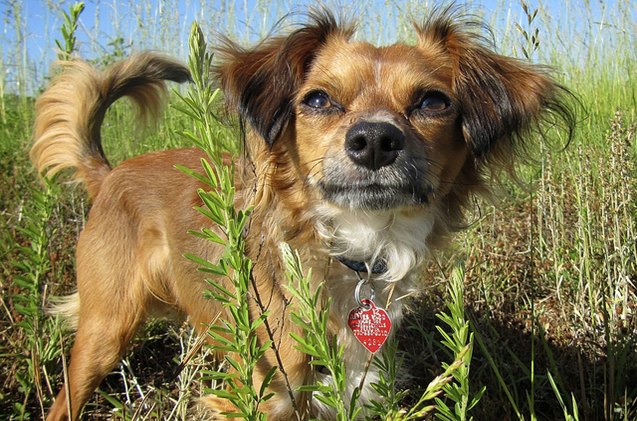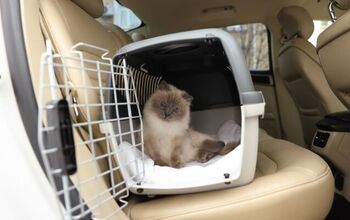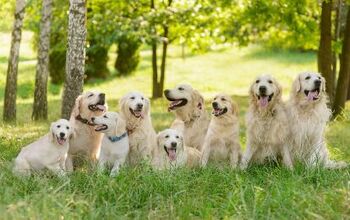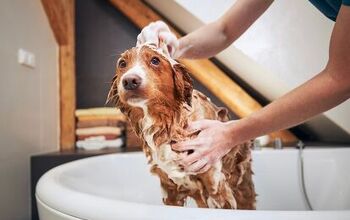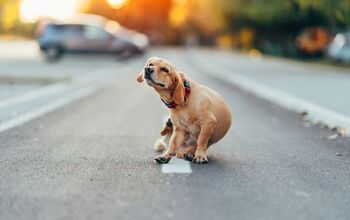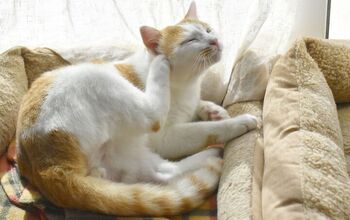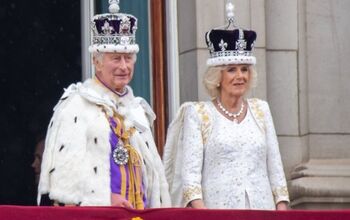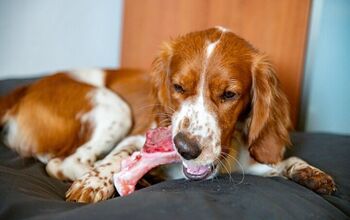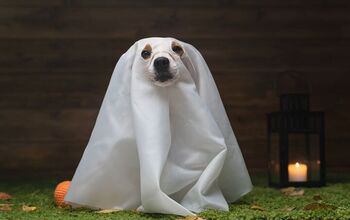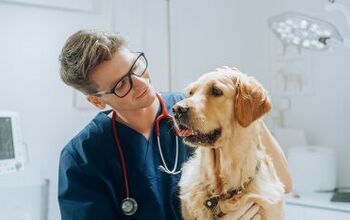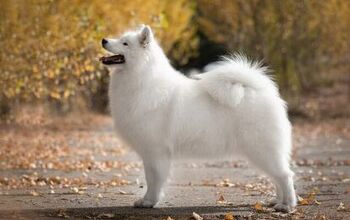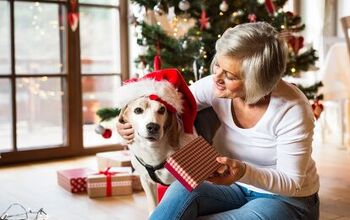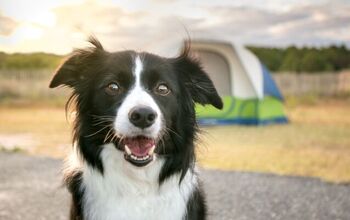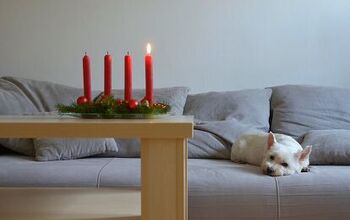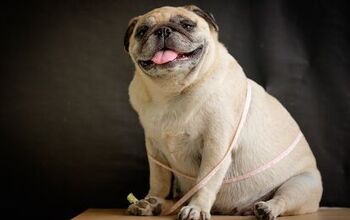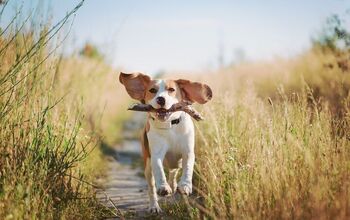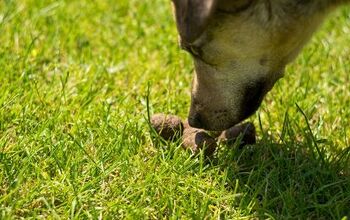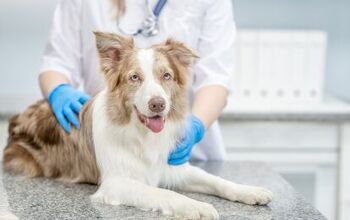Chion


About Chion
Also known as a Papihuahua, Chi-a-Pap and a Pap-Chi, the Chion is the product of two small but highly intelligent and self-assured little breeds; the Chihuahua and the Papillon. He’s a great companion dog with a playful personality, active disposition and his ability to get along with other dogs, cats and kids makes him the perfect family pet. A tendency to bark at strangers and react to sudden noises means he is the perfect mini watchdog but because this can become excessive, this indoor pooch may be better suited to a house versus apartment setting.
The Chion is a designer/hybrid dog, and is the product of two small but highly intelligent and self-assured little breeds; the Chihuahua and the Papillon.
The Chion background is somewhat vague given this particular hybrid is considered rare. The Chihuahua is thought to date back to an ancient civilization that lived in Mexico between the 10th and 12th centuries. The history of the Papillon can actually be traced through works of art. The earliest toy spaniels resembling the Papillon are found in Italy and depicted in many famous paintings beginning around 1500.
Although a playful, fun-loving breed, the Chion can be somewhat difficult when it comes to training.
Chions are the result of first generation cross-breeding which means directly descended from Chihuahua and Papillon parents versus coming from two Chions. This direct lineage is a requirement of the American Canine Hybrid Club (ACHC) who recognize the Chion breed and whose standards require the hybrid must be a cross between two pureblood dogs that are registered with American Kennel Club (AKC) parentage. The Chihuahua joined the AKC’s “toy” group back in 1904 and is described as graceful, charming and sassy. The Papillon was officially recognized as part of the same group in 1915 and is depicted as alert, friendly and happy. What a perfect mix for an upbeat little family dog!
Both Chihuahuas and Papillon love a diet that is poultry-based so it’s reasonable to expect a Chion will thrive on a similar food type. As a pup, you should plan to feed him three to four times daily as smaller meals are easier for him to digest. By six months you should be able to move to twice daily and gradually change to a dry, high quality adult dog food. Because of the propensity of small dogs to have dental problems, dry food and treats should be his diet going forward and you may want to incorporate “teeth brushing” into his training routine early on so you can continue this practice throughout his life.
Although a playful, fun-loving breed, the Chion can be somewhat difficult when it comes to training. While they are smart little dogs that generally learn quickly, they can be noisy and prove challenging when it comes to housebreaking. Additionally, their small stature may mean they resort to using their teeth if they feel threatened so early socialization needs to take place to avoid possible aggressive behaviors. Chions can also be headstrong so will need a firm and patient trainer who can provide fair, consistent direction that includes lots of praise for a job well done.
The size of any hybrid dog is influenced by which of the two parents is predominant. In this instance, with two small dogs, the height and weight will vary but is typically less than 11 inches and under 10 pounds.
The Chion is a spunky little dog that is lively, alert, and attached to his owner. While his small stature makes him an ideal companion or lap dog, he can become jealous and possessive if strangers are present and short-tempered if irritated. Similar to his Chihuahua lineage, he may have a tendency to be demanding of attention and quite determined to have his way. Perfect for the owner who can devote time to indulging this pooch’s need for human interaction or for a family that can share in keeping him busy and engaged.
Chions are generally a healthy breed but like most hybrids, there is always a chance for inheriting health issues from parent breeds. In the case of Chihuahuas, they are known for having joint problems (patellar luxation) and dental issues due to the small structure of the skull and potential over-crowding of teeth. Additionally, the breed may be susceptible to eye injury and hypoglycemia, which means he’s burning off more energy than he is taking in so small, frequent meals are ideal. For Papillion, the large, floppy ears that are a signature of the breed and present in Chions, require careful attention and cleaning to avoid infection.
The average life span of a Chion is 10 to 15 years.
As is the case with any breed of dog, the Chion requires daily exercise and regular playtime interaction with other dogs in order to remain mentally alert and physically healthy. While they are energetic little dogs, their small stature means that a modest amount of activity is sufficient to meet their needs. Daily active playtime or a short walk should suffice.
The Chion is a spunky little dog that is lively, alert, and attached to his owner.
While the hybrid nature of the Chion means he cannot be a member of the American Kennel Club, he is recognized by the American Canine Hybrid Club, Designer Dogs Kennel Club, Dog Registry of America, Inc. and International Designer Canine Registry.
The Chion is considered an “average” shedder with a coat that is typically long, thin and curled with fringe at the end. The coat is normally a solid color but may have spots that will be the same color as his mask. Brushing a couple of times each week should be sufficient to keep them looking their best but their triangularly shaped butterfly ears will require more attention to keep them free of matting and should be cleaned every few days to prevent inner ear infections.
When choosing from a litter of Chions, you should be cognizant of the more common health problems of this breed and ensure you select a puppy that does not exhibit eye, gum or joint problems.
Photo credit: Marcus Williams/Flickr; Ed Oswalt/Flickr; Hcommunications/Bigstock

Sharing space with three seriously judgy Schnoodles and a feline who prefers to be left alone. #LivingMyBestLife
More by Mary Simpson



